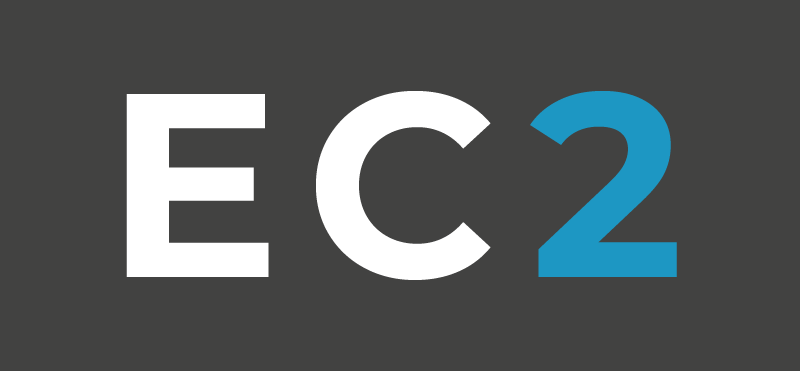Artificial intelligence (AI) is increasingly making its way into mergers and acquisitions (M&A) processes, bringing speed, precision, and new strategic perspectives. From target identification to contract drafting, it is reshaping practices while enhancing advisors’ ability to support their clients effectively.
Whether accelerating due diligence or structuring an integration plan, generative AI is emerging as a performance driver. According to a Bain & Company study of 300 M&A professionals, 21% of companies already use generative AI in their M&A operations—a figure expected to exceed 50% by 2027.
The private equity sector illustrates this trend well. Bain reports that over 60% of surveyed firms already use at least one AI tool to improve opportunity sourcing, financial modeling, or contract drafting.
A Complete Transformation of Processes
AI’s impact goes far beyond isolated tasks. Simon Leroux, serial entrepreneur and founder of Optionality, a startup specializing in AI applied to M&A, describes this systemic transformation. “AI enables tasks that used to take days or weeks to be completed in just minutes,” he explains in episode 56 of the podcast Au cœur de l’action, hosted by EC2 Finance.
Optionality combines natural language processing (NLP), machine learning, and historical transaction data to generate preliminary valuations, target or buyer lists, and acquisition or consolidation strategies.
A Wave of Business Transfers
These new tools are arriving at a pivotal moment for the market. A significant wave of business transfers is expected in Quebec in the coming years, as a generation of business leaders reaches retirement age. According to Simon Leroux, this dynamic presents both an opportunity and a challenge, as many leaders are not well-prepared to sell their businesses. They often underestimate the complexity of transactions or overestimate the net value they will receive.
It is precisely in this grey area—between strategic preparation, realistic valuation, and structured go-to-market—that AI tools can make a difference. By identifying a company’s strengths, simulating financial scenarios, or pinpointing the right buyers, AI enables earlier engagement, stronger positioning, and better value capture over time
A Gradual but Structuring Approach
For M&A professionals, adopting AI can be done gradually, starting with repetitive or low-value-added tasks. Simon Leroux suggests using AI to prepare client meetings, analyze sectors, or generate initial growth hypotheses. The goal is not to produce turnkey documents, but to save time, improve analytical rigor, and support more strategic guidance.
Rethinking Processes Without Replacing Human Expertise
While some platforms already automate simple transactions—particularly in the U.S.—Simon Leroux believes that the role of advisors will grow stronger, not disappear. AI becomes a co-pilot: it helps structure analysis and simulate scenarios but does not replace judgment or deep contextual understanding. “Entrepreneurs are buying guidance, expertise, and vision. The tool can be powerful, but a team is always needed to interpret and execute,” he concludes.
Considering an M&A transaction or looking to strengthen your financing strategy to support growth?
Our experts can help you unlock the full value of your business.
Contact us today for personalized, strategic advice tailored to your goals.





